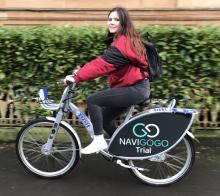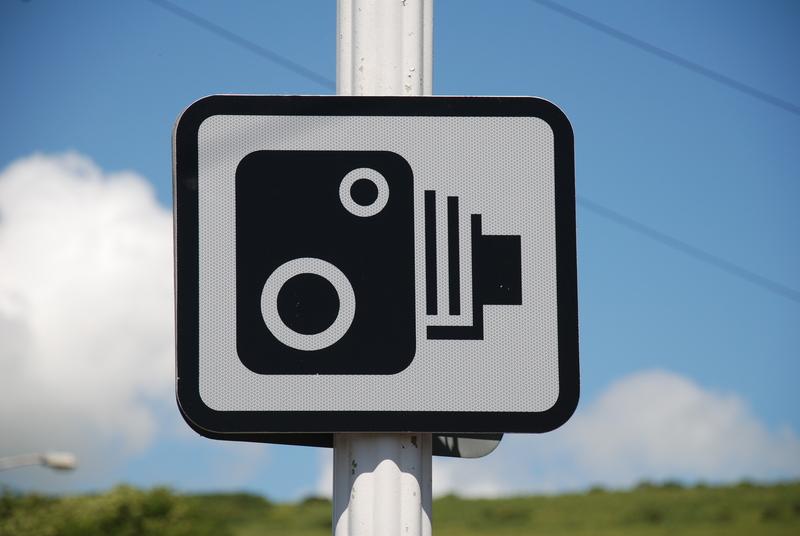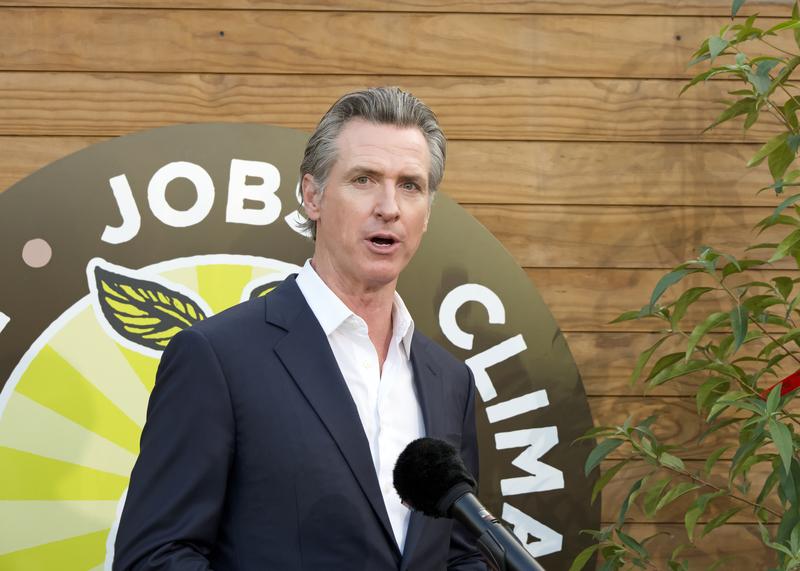ITS (UK) members debated the proposition that “MaaS will reduce private vehicle ownership long before automated vehicles (AVs) will have any impact on it” at their 2018 annual general meeting. There was scepticism about scenarios predicting that AVs as providers of on-demand transport will be the norm by around 2030. Doubts centred on two factors: owning and driving a personally-owned vehicle being too precious for most people to cede; and the reality of urban streets proving too difficult for AVs as curren
August 21, 2018
Read time: 2 mins

© Karl Francis Dale Tapales | Dreamstime.com
ITS (UK) members debated the proposition that “
8356 MaaS will reduce private vehicle ownership long before automated vehicles (AVs) will have any impact on it” at their 2018 annual general meeting. There was scepticism about scenarios predicting that AVs as providers of on-demand transport will be the norm by around 2030. Doubts centred on two factors: owning and driving a personally-owned vehicle being too precious for most people to cede; and the reality of urban streets proving too difficult for AVs as currently designed.
On Mobility as a Service (MaaS), members challenged a proposed ‘Netflix of transport’ subscription model as being incapable of realisation by appearing to assume usage by professional, well-off users. It would also reduce municipalities’ ability to control travel to improve accessibility, reduce congestion and pollution, and improve safety.
MaaS in itself, with the ability to plan and pay for travel via one app, would, however, be “a thoroughly good thing” – but only if municipalities retain ultimate control.
Points strongly in favour of MaaS included safety for young people and the need of a ‘lifeline’ for older ones. If the former have a transport offer which is reliable and available, particularly late at night, this could stop them from using old, unsafe, privately-owned vehicles, with their drivers perhaps under the influence of alcohol or illegal drugs. For the latter, it needs to be a public-sector undertaking, including subsidised services.











